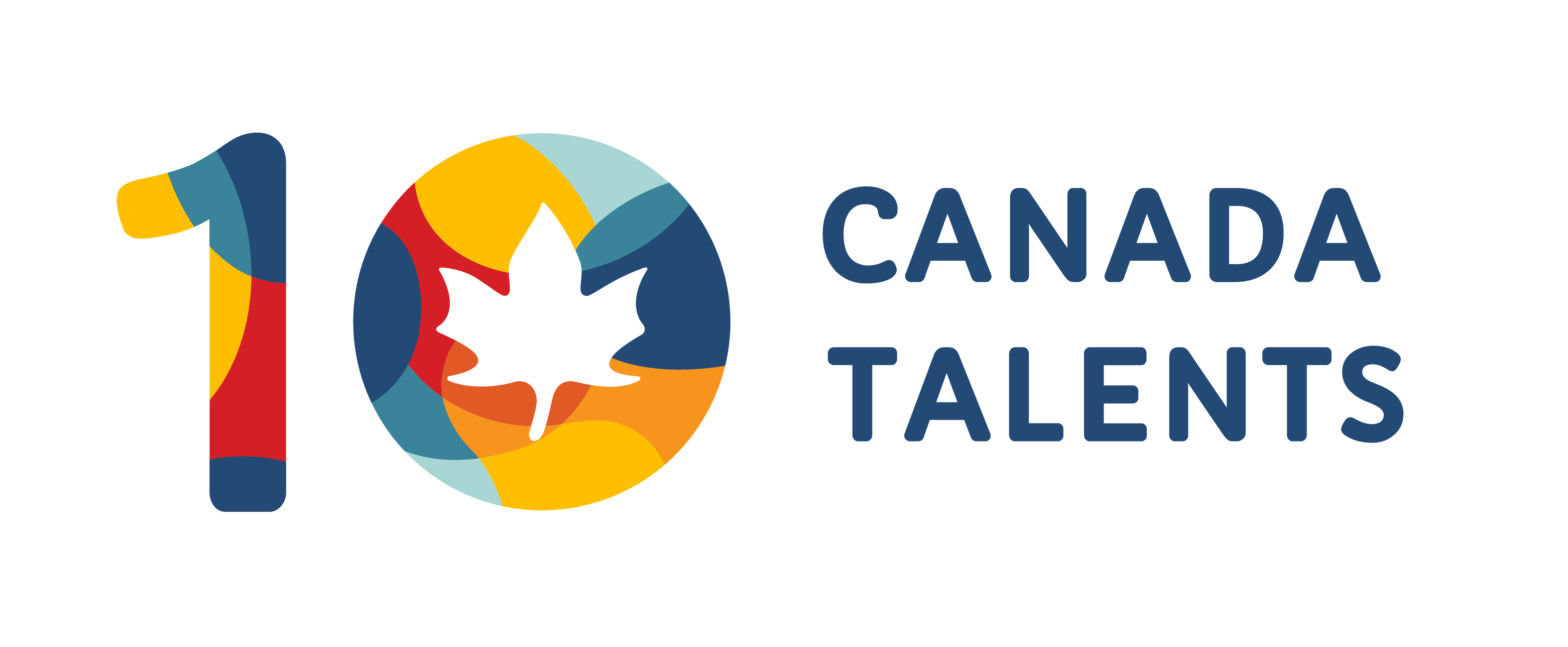When you arrive in Canada and are looking for a new job, you might wonder: What is my worth and how can I estimate my value on the job market? Well, here are 5 tips that will help you in advance of a salary discussion:
Assess your Skills
Before you even begin research on your market value, it is best to start by taking stock of your skills and career. Indeed, the salary range you could obtain can vary by several thousand dollars, depending on whether you are a junior (usually under 3 years experience) or senior (usually more than 10 years experience) in your profession and if you have skills sought after in the market.
If your training or degree is recognized in Canada, receiving a degree equivalency would allow your future employers to have a better understanding of your resume and provide a better opportunity for them to evaluate and compare your skills to other candidates in the market. Besides, in some companies, your level of education can take you to the upper end of the salary range. You can find more information on the Government of Canada website.
Know the Market
Knowing the job market of the city or province in which you have just established yourself, or plan to settle, is a crucial step.
- There may be significant variations in the same industry, depending on whether you decide to move to Canada (Vancouver, Toronto, Calgary, Edmonton) for example. This can result in little opportunity for your profession or positions with fewer responsibilities or fewer opportunities for professional development.
- Employment rates generally give you an idea of how dynamic employment is. For example, a region with a low unemployment rate can result in more choice in positions offered and more possibility for wage bargaining: WorkBC, YMCA GTA Employment Services and Employment Ontario are a few examples of resources you can use to get a better understanding of Canada’s job market.
- Canada Talents helps the members benefit from customized and personalized advice from experienced volunteers that know the regional labour market. Take advantage of this expertise by becoming a member and scheduling your Face-to-Face meeting with one of our volunteers!
Internet Research
The internet can be a very valuable source of information to evaluate your market value.
- Salary grid: Payscale is an excellent source to get an idea of the salary range for your profession and even allows you to evaluate a job offer you have received. It is also customizable to best reflect your experience.
- Job Boards are excellent tools to check what skills and requirements are needed for your profession, and the salary range is often also displayed. The most used job board in Canada is Indeed. However, the government job board (WorkBC, Toronto Jobs) should also be considered in your research. If you have difficulty finding your job title here in Canada, you can read this article from our blog for some guidance in defining your job title!
- Statistics Canada: Canada has an interesting website with all sorts of statistics, including valuable information on the job market, divided by region or sector. It's very informative and the broad information here will help you understand job culture better, as well.
Staffing Agencies
In addition to allowing you to practice your first interview, staffing agencies are a very good source of information on the job market, often specializing by sector. Usually, they also have their databases, in terms of salary grids. In Canada, they offer temporary or permanent placements and are often excellent resources for obtaining your first work experience in Canada. A well-known names in Canada is Robert Half, Hays, Altis HR, and Bilingual Source (specialized in English & French speakers staffing). For example, Robert Half’s salary grid database is annually updated and often serves as a reference for recruiters. You also have the possibility of downloading their salary guide directly. Randstad and Adecco are two other well-known and established staffing agencies.
Network
Networking is the key to fresh information on the job market. Meeting people in your field is a great way to share your experience and skills and get a sense of comparison between you and the market. LinkedIn is a great way to create and grow your network, but don’t hesitate to propose informal meetings, it’s part of the culture here. Identify the professional associations, fairs and different events organized in your industry. Informal after-work meetups are an excellent way to integrate into the local culture and at the same time help you gather important information about the Canadian labour market. Though directly asking one's salary is not an ideal approach, you can very well ask for advice on how much you can expect after exchanging your experience.
Canada Talents is a great way to start networking! We organize CONNECTWorking events each month when you can meet people in the same situation as you or who have settled for several months and can introduce you to their network.


